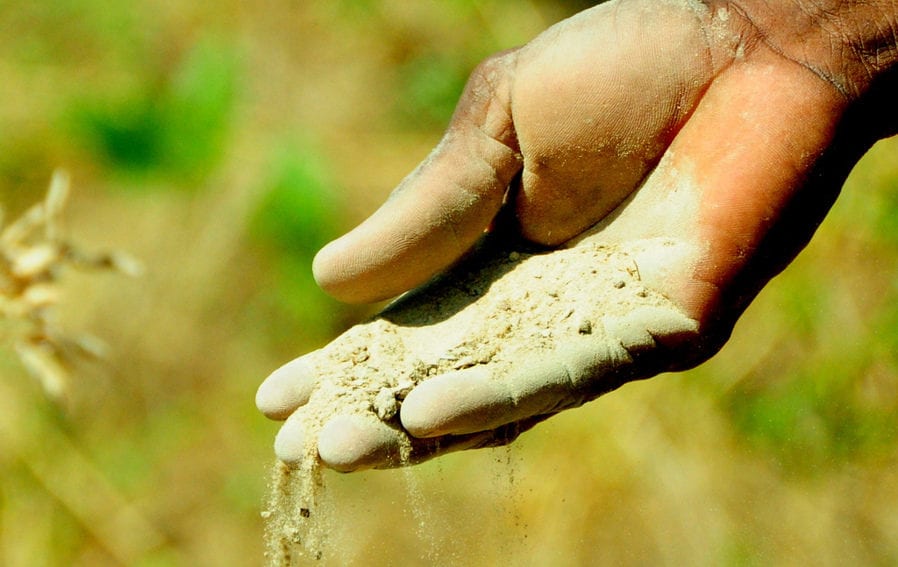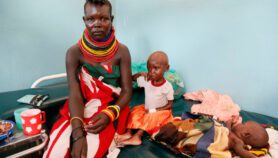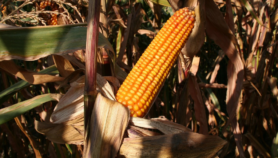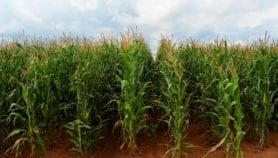By: Esther Nakkazi
Send to a friend
The details you provide on this page will not be used to send unsolicited email, and will not be sold to a 3rd party. See privacy policy.
[KAMPALA] A mobile training and soil testing laboratory could transform smallholder farming in Uganda by disseminating information on successful farming methods under local conditions, researchers say.
The Soil Testing Laboratory is a converted truck with an advanced soil testing laboratory. It was handed over to Uganda’s Ministry of Agriculture, Animal Industry and Fisheries last month (4 February) by K+S Kali GmBH, a Germany-based company, which is one of the world's leading suppliers of specialty fertilizers.
Joachim Duster, the deputy head of mission at the German Embassy, Uganda, says the project aims to help Ugandan farmers improve their livelihoods through increased productivity, proper post-harvest handling and improved market access.
“The mobile soil laboratory will help farmers to diagnose the nutrient status of the soils on their farms in order to determine the right type and rate of fertilizer to apply.”
Rebbie Harawa, Alliance for a Green Revolution in Africa.
The project, which is worth 150,000 euros (just over US$410,000), is a public-private sector initiative by the K+S Kali GmBH, Sasakawa Africa Association (ASA), Uganda’s National Agricultural Research Organisation (NARO) and the University of Göttingen in Germany, which is supporting it with expertise in the field of soil analysis.
Implementation will take place in northern Uganda starting this month (March) and later in the country’s western parts, according to Uganda’s agriculture minister Tress Bucyanayandi.
The truck will be touring Uganda's rural areas with a team of scientists from ASA and NARO under the Sasakawa Global 2000, a programme set up by the ASA and the US-based Carter Institute. The team will advise local smallholders and their communities on successful farming methods such as using fertilizers best suited to their local conditions.
“The mobile soil laboratory will help farmers to diagnose the nutrient status of the soils on their farms in order to determine the right type and rate of fertilizer to apply,” says Rebbie Harawa, senior programme officer in charge of soil health research and extension at the Alliance for a Green Revolution in Africa.
Studies show that Uganda is one of the African countries with the most severe soil nutrient depletion in Africa.
Fertilizer use in Africa is by far the lowest in the world with farmers, on average, applying about 9 kilograms of fertilizer a hectare compared to Latin America using 86 kilograms a hectare and Southeast Asia’s 142 kilograms a hectare, according to a 2006 World Bank-commissioned report ‘Alternative Approaches for Promoting Fertilizer Use in Africa’.
“The fact that the lab is mobile will help farmers access the services in their locations as opposed to sending soils to laboratories that often [are] located far from them,” Harawa tells SciDev.Net. “Determining the right fertilizer recommendations is crucial for achieving optimum crop productivity”.
The project, according to Harawa, will enable Ugandan farmers understand the properties and the micronutrient values of the soils they are dealing with, which could improve crop yields as farmers use the right fertlizers.
This article has been produced by SciDev.Net's Sub-Saharan Africa desk.














